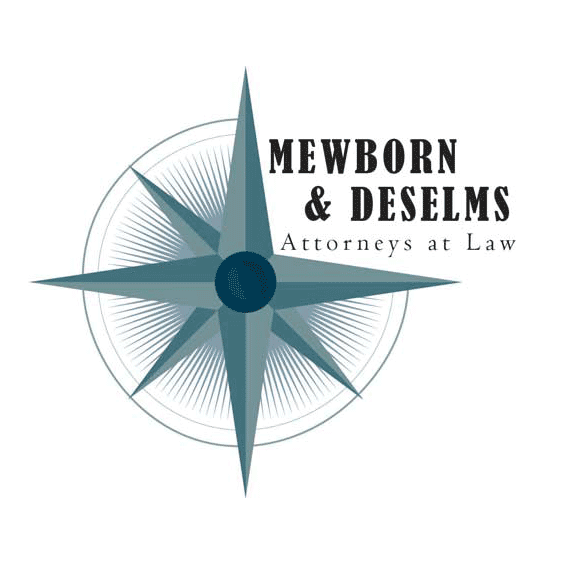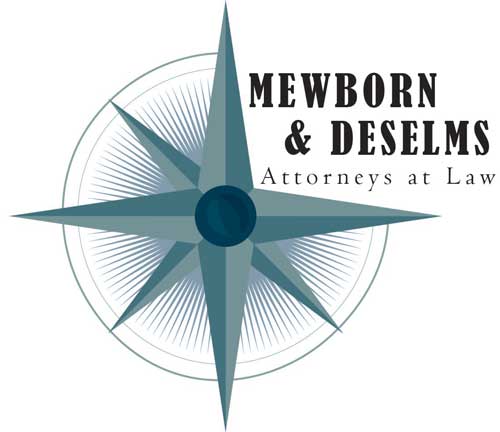While most people do not want to think about their death, it is important to plan. If something were to happen to you, what would happen to your loved ones? What would happen to your assets?
When you decide that you need an estate plan, Forbes warns that you do not want to overlook these documents.
Trusts and wills
A will transfers your possessions to beneficiaries of your choice. Without a will, the state can decide who your heirs are and how much each will receive. For example, spouses of the deceased receive a certain portion of the estate, and so do children, but you may want to leave more to your children from another marriage if your spouse has significant assets of his or her own.
If you create a trust, which is its own entity apart from you, you then transfer property and money to it and name the person or people you want as beneficiaries of those assets. The trustee you name manages the assets for the beneficiary. A trust can be important if you worry about how your heirs inherit money. Assets in trust do not go through probate.
Advance medical directives
You likely have preferences for your medical care. Advance medical directives instruct your loved ones on how to handle your care if you cannot speak for yourself. Advance medical directives may include:
- A living will
- A do not resuscitate order
- A durable power of attorney
Not only can you choose your care ahead of time, but you can also choose a person to make choices on your behalf in a situation that you may not have thought to include in your advance directive.


